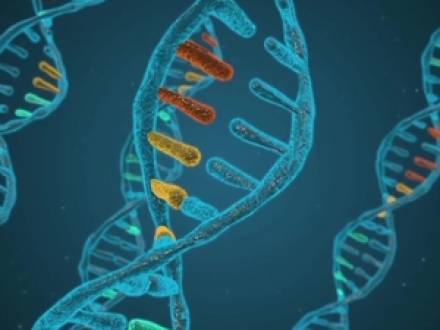 Modern technology has made DNA evidence a crucial component in many criminal cases. It has also exonerated a growing number of people who were convicted in the past. People who were accused of crimes and convicted based on forms of evidence that are now considered to be unreliable have had their convictions overturned, allowing them to be released from prison. One recent case has led to the release of a man convicted of sexual assault, and it may also lead to the exoneration of others. Those who believe they were wrongfully convicted can work with an attorney to determine their options and find out whether improvements in technology could be used in their favor.
Modern technology has made DNA evidence a crucial component in many criminal cases. It has also exonerated a growing number of people who were convicted in the past. People who were accused of crimes and convicted based on forms of evidence that are now considered to be unreliable have had their convictions overturned, allowing them to be released from prison. One recent case has led to the release of a man convicted of sexual assault, and it may also lead to the exoneration of others. Those who believe they were wrongfully convicted can work with an attorney to determine their options and find out whether improvements in technology could be used in their favor.
In 1986, Charles W. Coleman was arrested in New Haven, Connecticut and accused of being a serial rapist. There were a total of nine cases against him, all of which involved similar details, with the perpetrator breaking into women’s homes by removing window screens and holding them at knifepoint while committing sexual assault. In 1987, Coleman entered into a plea agreement in which he pled guilty to three offenses, and charges for the other six offenses were dropped.
Coleman always maintained that he was innocent, and he attempted to withdraw his guilty plea at the last minute. When this request was denied, he filed a motion to reverse his conviction, and he was granted a new trial in 1992. At this trial, he was convicted of all three charges, with DNA evidence being a key issue in two of the charges. He was sentenced to a total of 170 years in prison.
The methods of DNA testing used in the late 1980s and early 1990s were far less precise than what is used today. At the time, tests showed that Coleman was within a segment of the population that could have committed the offense, but they did not conclusively identify him as the perpetrator.
Modern DNA testing technology is much more precise, and Coleman was able to have the DNA samples from the cases retested earlier this year. In two of the three offenses for which he was convicted, DNA tests excluded him as a potential suspect. Because of this, the convictions for those two cases have been vacated. In the third case, there was no DNA evidence, because the victim was able to fight off her attacker before the sexual assault was completed. The sentence for this offense was 20 years, which Coleman has already served, so he was allowed to be released.
This case has identified a potential reason that others may have been convicted based on inconclusive DNA evidence. Analysts with the Connecticut Division of Scientific Services have begun reviewing cases in which people were convicted based on the same methods used in Coleman’s case to determine whether other wrongful convictions may have occurred. It is possible that as many as 200 cases may be affected by this review.
Sadly, many people are wrongfully convicted due to flawed evidence or unreliable testimony from so-called "experts." At Woolf & Ross Law Firm, LLC, our Connecticut criminal defense lawyer works to protect the rights of defendants and address factors such as DNA evidence and expert testimony that may play a role in their cases.
We also work with people who have been wrongfully convicted to help them understand their options for challenging their convictions based on new evidence or a re-examination of existing evidence. To set up a free consultation and get the effective legal representation you need, contact our office at 860-290-8690.
 50 Founders Plaza
50 Founders Plaza

